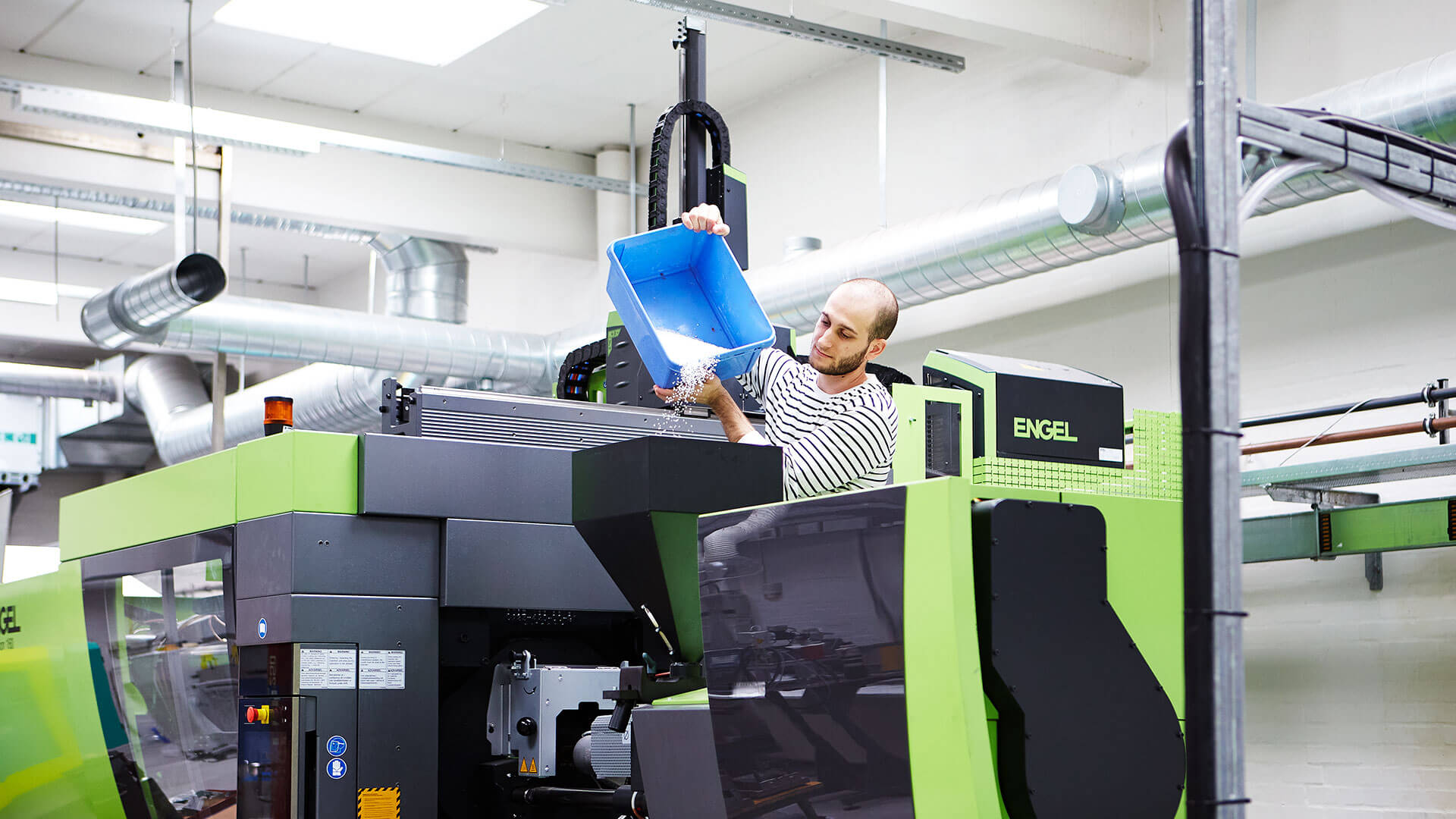Product manufacturing is the process of transforming raw materials or components into finished goods. It encompasses a wide range of activities, from the initial conceptualization and design of a product to its final assembly, packaging, and distribution.
Key Stages in Product Manufacturing:
- Conceptualization and Design: This crucial phase involves translating ideas into tangible products. Market research, brainstorming, and prototyping are essential steps to refine the product concept and ensure it meets customer needs and market demands.
- Sourcing and Procurement: Identifying and acquiring the necessary raw materials, components, and equipment for the manufacturing process. This involves careful selection of suppliers, negotiating contracts, and ensuring the timely delivery of materials.
- Production Planning: Developing a detailed production plan, including determining production schedules, allocating resources, and establishing quality control measures.
- Manufacturing Processes: This core stage involves the actual transformation of raw materials into finished goods. This may include various processes such as:
- Forming: Shaping raw materials into desired forms, such as cutting, bending, and molding.
- Assembly: Combining individual components into a complete product.
- Finishing: Applying surface treatments, such as painting, coating, or polishing, to enhance the appearance and durability of the product.
- Quality Control: Rigorous quality control measures are implemented throughout the manufacturing process to ensure that products meet established standards and are free from defects. This may involve inspections, testing, and the use of statistical process control techniques.
- Packaging and Distribution: Once production is complete, products are packaged for transportation and distribution to customers or retailers. This involves efficient logistics, warehousing, and transportation networks to ensure timely delivery.
The Importance of Product Manufacturing:
- Economic Growth: Product manufacturing drives economic growth by creating jobs, generating revenue, and supporting other industries within the supply chain.
- Innovation and Development: The manufacturing process encourages innovation and the development of new technologies, materials, and production techniques.
- Product Development: It allows for the creation of a wide range of products that enhance our daily lives, from essential goods to cutting-edge technologies.
- Global Trade: Product manufacturing facilitates global trade, connecting economies and cultures worldwide through the exchange of goods.
Product manufacturing is a complex and dynamic process that requires careful planning, meticulous execution, and a focus on quality and efficiency. By embracing innovation, adapting to changing market demands, and addressing global challenges, the manufacturing sector will continue to play a vital role in driving economic growth and shaping the future of our world.

